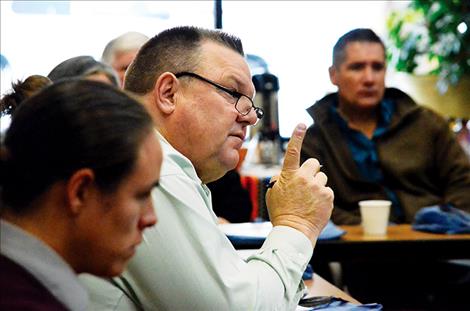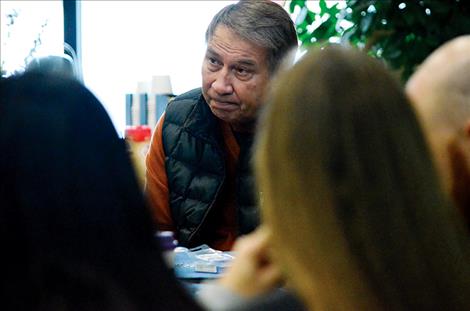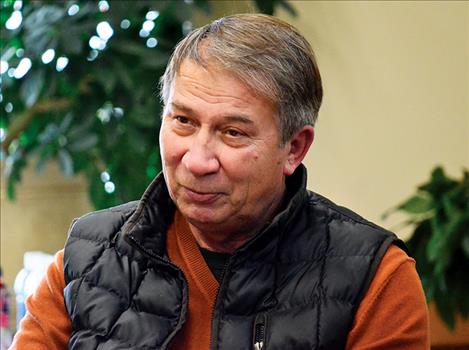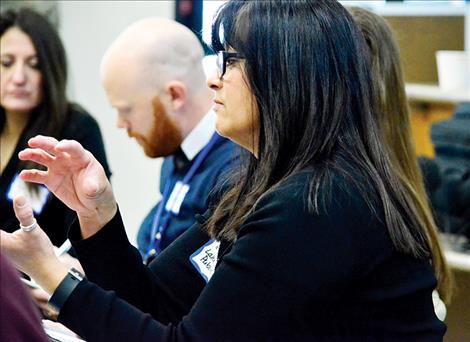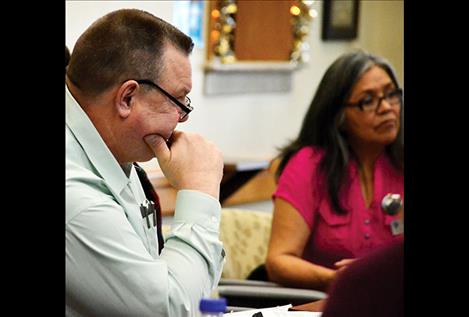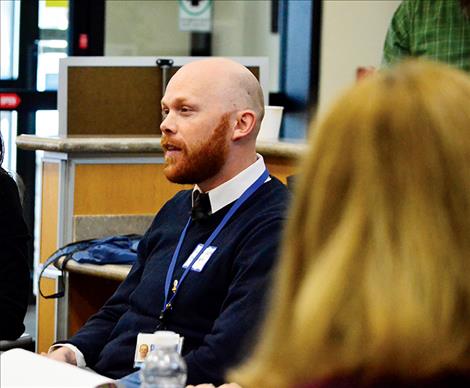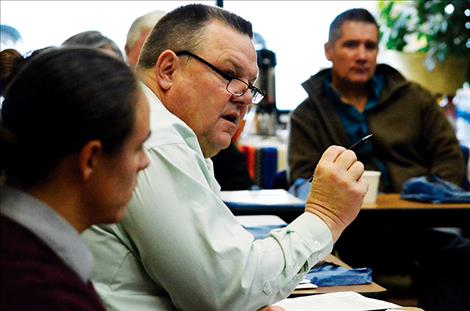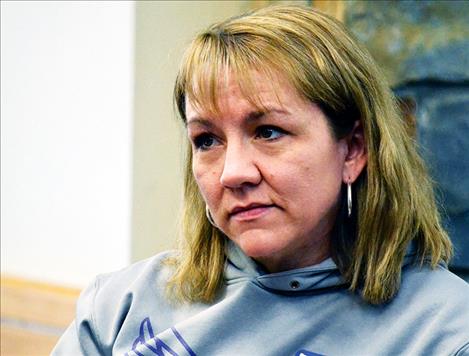- Home >
- News >
- Local News
Tester hears local healthcare concerns
Issue Date: 1/11/2017
Last Updated: 1/10/2017 6:04:49 PM |
By
Karen Greene
Keep Reading!
You’ve reached the limit of 3 free articles - but don’t let that stop you.















